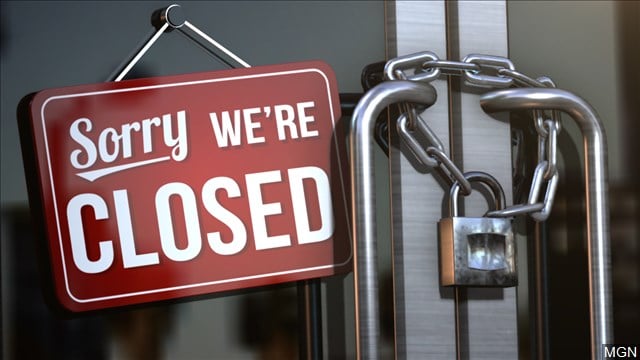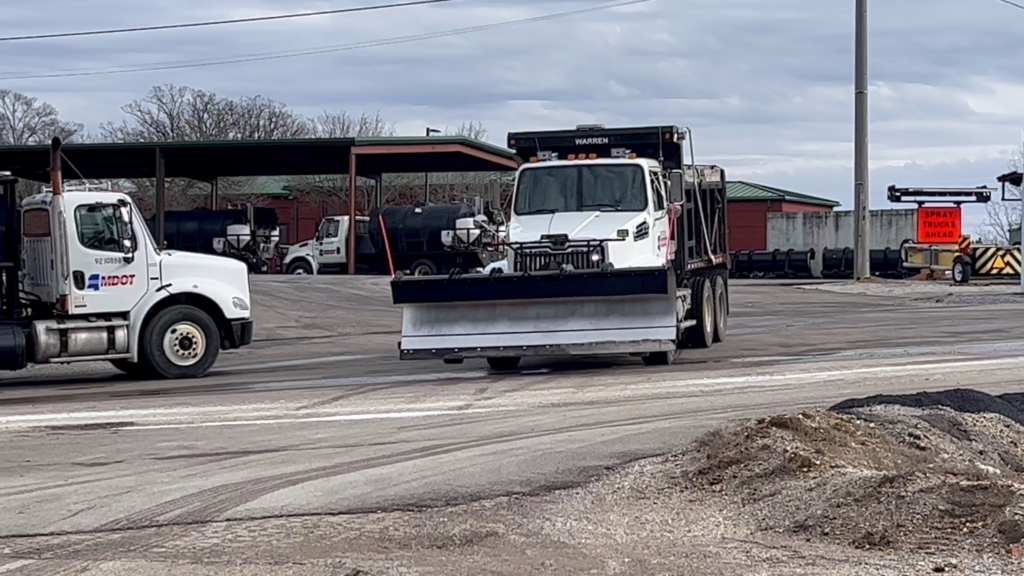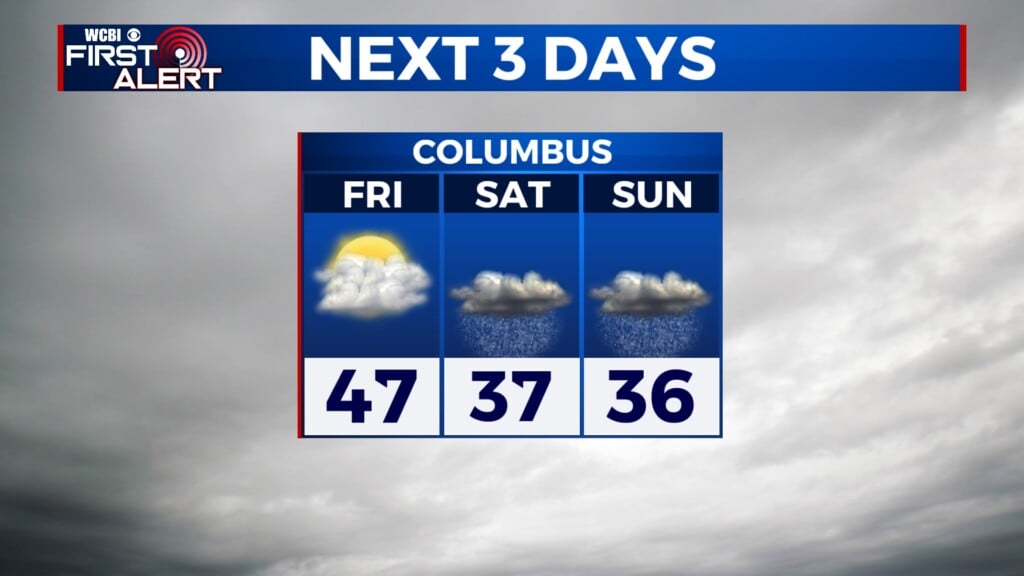Food pantries say lessons are learned after SNAP benefits pause
GOLDEN TRIANGLE, Miss. (WCBI) – The Government Shutdown in early November brought extra worries for many in the area, with government workers not getting paid and SNAP recipients not getting their benefits on time.
That combination also brought extra worries to area food pantries.
The longest government shutdown in U.S. history, along with the Mississippi Department of Human Services pausing SNAP benefits for a couple of weeks, put an extra load on area food pantries.
Salvation Army Office manager, Donna Otts, said that there was some worry about how to feed the hungry during that time.
“To be honest, because we knew we had to feed all these people,” Otts said.
“Our number pantry was running real low by the time all that kind of happened, so we had a little bit of a worry that if we got a request for all of these SNAP benefit assistance requests, demand that we were going to empty the shelves and not have anything to help people,” Josh Herrington said.
MDHS announcing there will now be available partial SNAP benefits and that soon things will be back to normal for recipients takes a huge weight off food pantries’ shoulders.
Starkville Strong’s pantry manager, Josh Herrington, said the community really came through to help when it was needed.
“We just made a post that our numbers and requests for food assistance were going up because of that, and the community once again proved that they are looking out for each other,” Herrington said. “We had a big surplus of food come in, and that was able to help us meet the demand of extra SNAP benefit food.”
“The community pulled in big time to help bring in food and we have managed to serve them all that has walked through and we are continuing to do that along with our regular pantry so it’s really been a blessing that the community has helped and stepped in,” Otts said.
The food pantries said they are ready to host more food drives to stock up and better prepare for future concerns.
World Population Review estimates that 15.3% of Mississippi households experience food insecurity. That is higher than the national average of 12.2 %.




